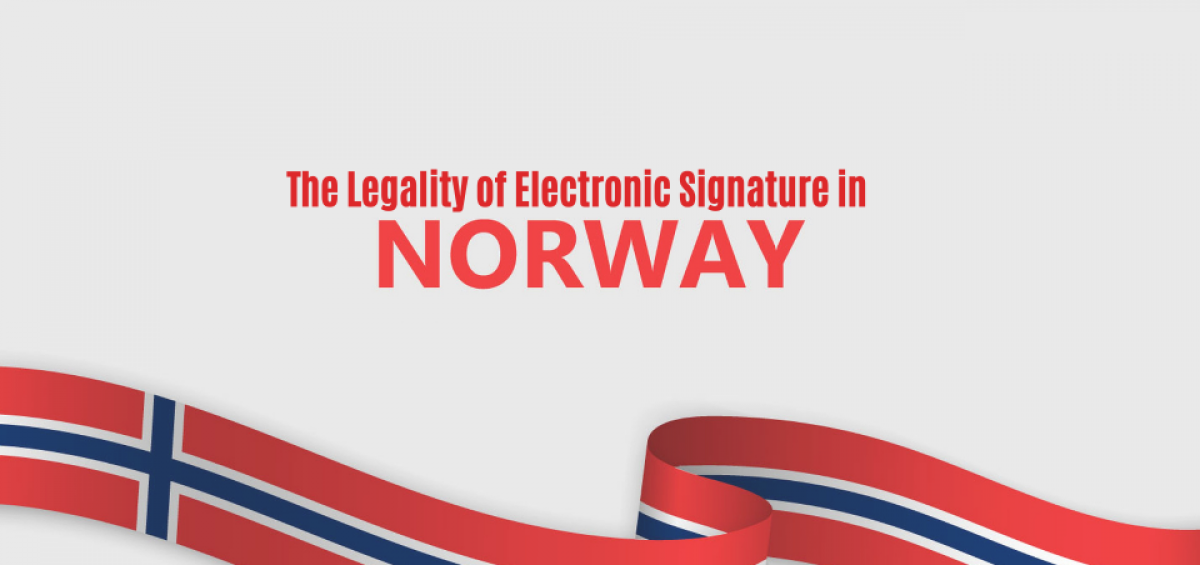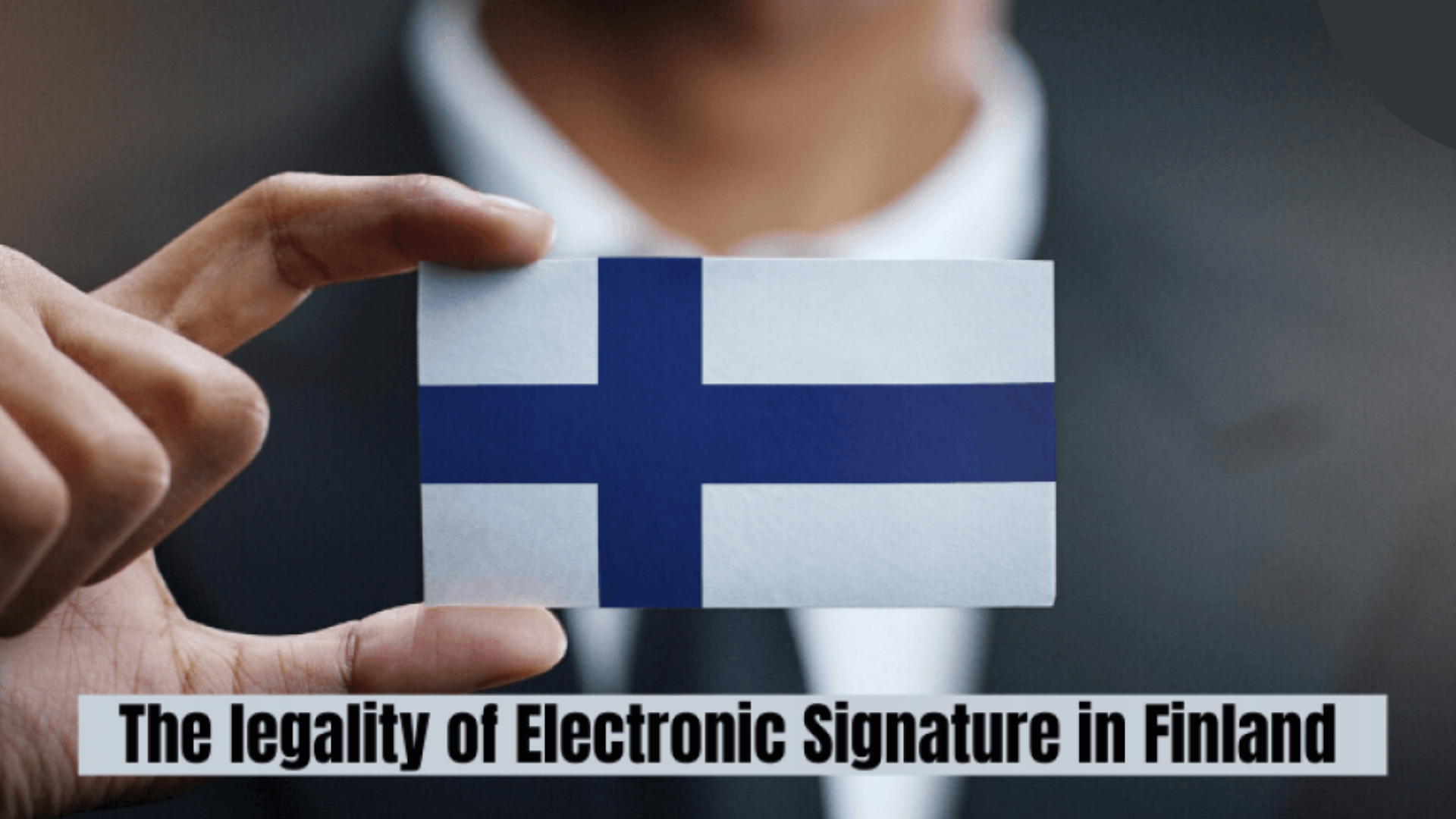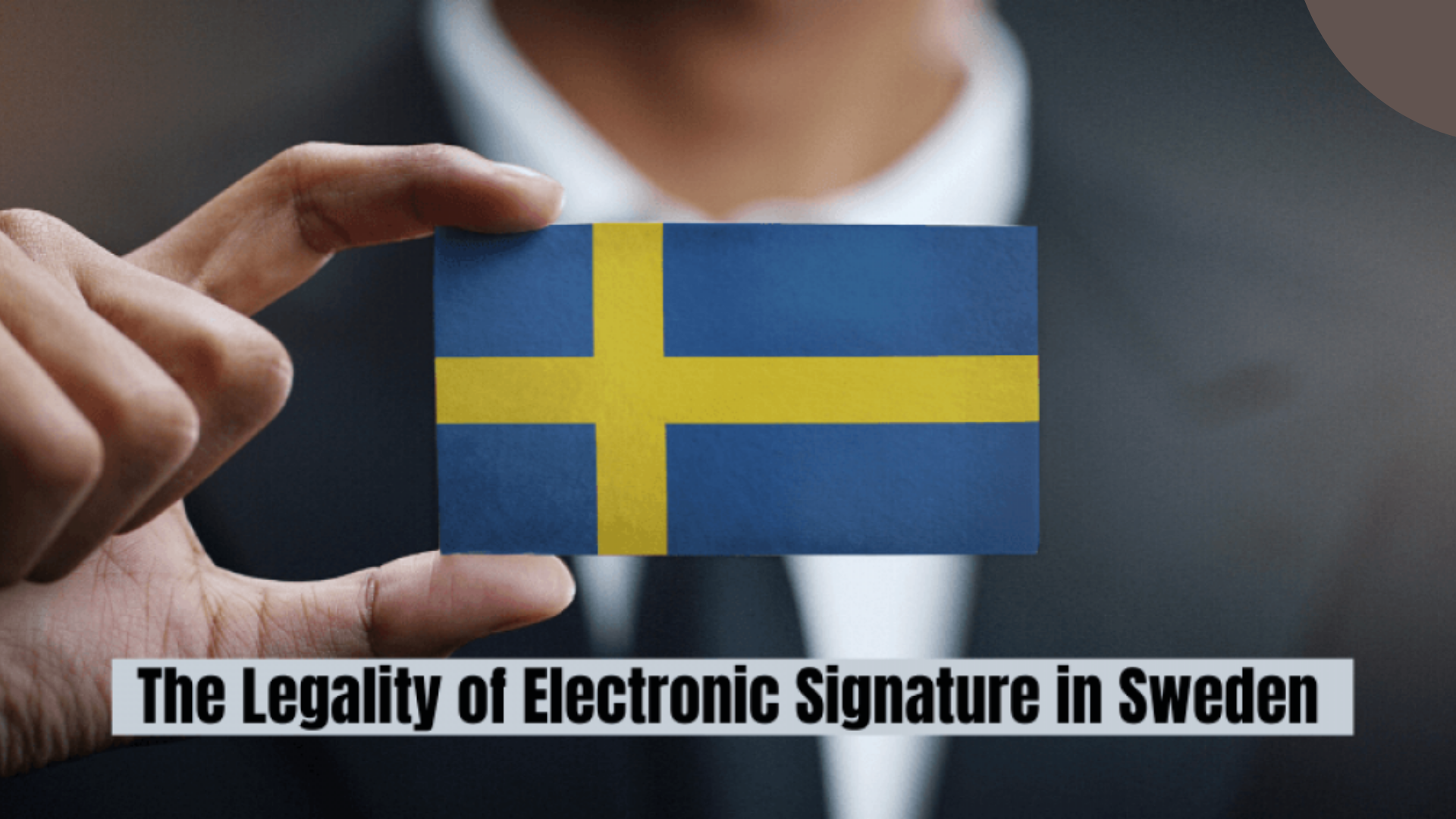Blog
E signatures have been legally acknowledged in Portugal since 2009, thanks to the enactment of Decree-Law No. 290-D/99 of 2nd of August and the Electronic Signature Ordinance. Later in 2016, the e-signature laws were standardized across all European member states with the passing of Electronic Identification and Authentication and Trust Services (eIDAS regulation). Understanding Portugal’sRead more
Paperwork is time-consuming, and no part of it is as repetitive as the task of signing your name. Customers’ time and money are taken up by the need to print and rescan paperwork to get a signature. However, like many other aspects of life, technology offers a solution to this problem: e-signatures. Utilizing this toolRead more
In 2000, the E-Sign Act revolutionized the contract industry. Legally, e-signatures are just as valid as their traditional counterparts. Electronically signing documents makes the whole process quicker (from a few days to a few minutes), more convenient, and more secure for both parties, This is when you start taking eSign Help in Real Estate. TheseRead more
The Nordic countries have been at the forefront in terms of digital adoption for some time now. They usually top most digital competitiveness rankings, for example, the 2017 Digital Evolution Index. Being one of the distinguished Nordic nations, Norway has not been left behind when it comes to taking advantage of the convenience that comesRead more
Electronic signature plays a significant role in international commerce and business. Globally, organizations of all sizes rely on e-sign technology to get vital deals completed on a daily basis. If the relevant authorities could not guarantee the validity and legality of e signatures and online transactions, electronic commerce would most probably come to a grindingRead more
As a European Union (EU) member state, Sweden accepts e signatures as legally binding in legal and business settings. The country first recognized electronic signatures in 2000 when the EU passed the Qualified Electronic Signatures Act. Later, the Electronic Identification Authentication and Trust Services (eIDAS) regulation was enacted in 2016, and e signatures became legalRead more
Switzerland was among the first European nations to recognize electronic signatures. This was on Dec 19, 2003, when ZertES (Federal Law on E Signatures) came into effect. Under Swiss law, a wet-ink signature is not necessarily required to validate a contract. Instead, a contract becomes valid if legally competent parties come to an agreement, whetherRead more
The future of business and commerce is digital, and the acceptance of mobile technology is driving a considerable change. The trend to transform and digitize business is accelerating. Business and government leaders, analysts, media, and industry associations concur: it is time to eliminate paper from everyday processes like HR, invoicing, contracting, and transactions with clientsRead more
Have you ever had that annoying delay where you are trying to sign some documents and you have to wait for them to be delivered before you can sign them? With some courier services, this can be the same day, with others it can take two or three working days. Either way, traditional signatures take timeRead more




















